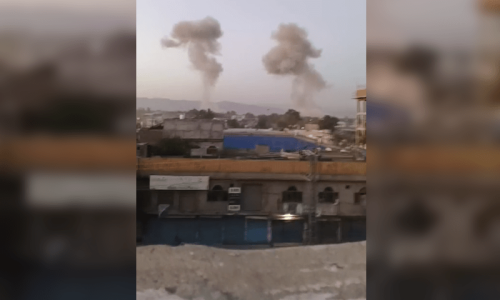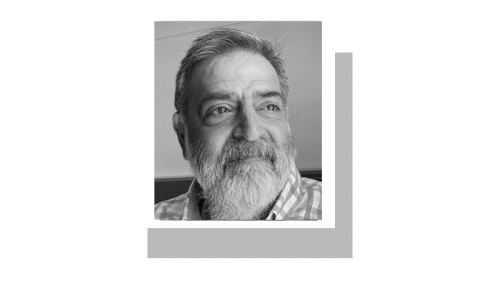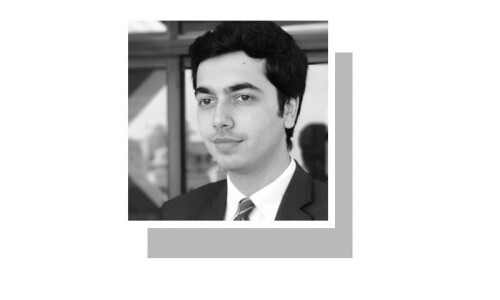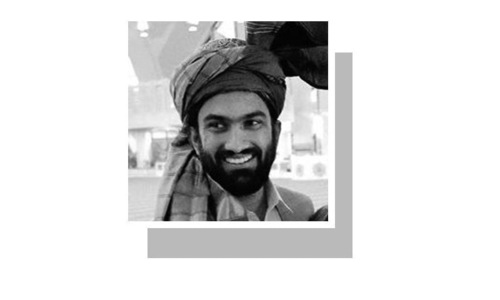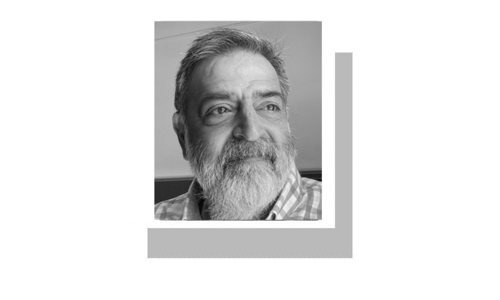KARACHI: With almost 90 per cent of the census exercise completed in Karachi, the city’s final population is expected to cause fresh disputes as data shows a dip of 15pc, compared to the tally six years ago.
The exercise, which was supposed to be completed on Monday, was extended for a second time as enumerators were still scrambling to reach many households.
The population of the Karachi metropolis remained the biggest bone of contention that emerged out of the 2017 census. Political parties, particularly MQM-P and JI, claimed that the final count of the city’s residents was less than the actual number.
These disputes have led to the exercise being repeated within six years.
So far, more than 2.64m households have been counted in the city, making the completion of 89.93pc of the exercise, a source with knowledge of census data told Dawn.
At this point, the population of Karachi stands at 13,471,136, the source said, adding that this was 15.94pc less than the number — 16,024,894 — after 89.93pc of the 2017 census was completed. The final count stood at around 16.05m.
With a little over 10pc of the population left to be counted, things “don’t appear to be promising if we talk about the possibility of an increase in Karachi’s population,” the source told Dawn.
None of Karachi’s seven districts — East, West, South, Central, Korangi, Keamari and Malir — registered an increase in population during the last five years.
Karachi East was the biggest district in terms of decline in the population with 25pc. Around 85pc of the enumeration has been completed in the district. A similar trend was witnessed in the South district with a negative difference of 19.70pc after the registration of its 92.64pc households.
The recorded population of Korangi district dipped more than one per cent compared to the 2017 census, Keamari 17pc, Central 11.84pc, West 9.68pc and Malir 6.61pc.
However, the chief census commissioner of the Pakistan Bureau of Statistics (PBS) said despite the completion of almost 90pc of the exercise, the data shouldn’t be relied upon to estimate the final count.
“There are still more than 10pc uncounted households [in Karachi]. So, the number so far cannot be relied upon to guess the final count,” said Dr Naeemuz Zafar who is heading the entire exercise. “There are several areas that include high-rise residential settlements where the enumerators have not yet reached,” he added.
The final number can be determined only after the exercise is finally completed, Mr Zafar said.
Due to the delay in data gathering, the deadline for the fieldwork was extended on Monday for five days till April 14. Earlier, the date was extended to April 10 from its first official deadline of April 4.
Dr Zafar said with the deadline extended, the teams will make an “all-out effort” to reach every single person.
Concerns
The chief census commissioner expressed reservations over the role of district administration and outlined challenges faced by his team in major urban centres.
He accused that the lack of interest shown by assistant commissioners was affecting the exercise and its outcome.
“We are facing serious challenges in major urban centres like Karachi and Lahore,” said Dr Zafar.
“Unfortunately, the ACs are not doing their jobs properly. They aren’t found in the fields. They aren’t properly deploying enumerators or monitoring their jobs.”
He added that the PBS has written several times to provincial governments over these issues.
The field staff also cite several challenges which they fear would ultimately reflect in the final results of the multi-billion rupee national exercise.
They claimed “a few but major flaws” in the software designed for the country’s first digital census along with technical management of the entire exercise.
Another issue raised by the enumerators was the lack of faith shown by citizens in the exercise.
“People don’t want to share their data or family details even with the government,” said a senior official, adding that this phenomenon has never been witnessed before.
“We have reports from villages, towns and urban centres where people straightaway refused to give details to our teams.“It is either that people were indifferent to the importance of this expansive exercise or they have lost faith in the government or of its institutions, the official added.
Published in Dawn, April 11th, 2023





















